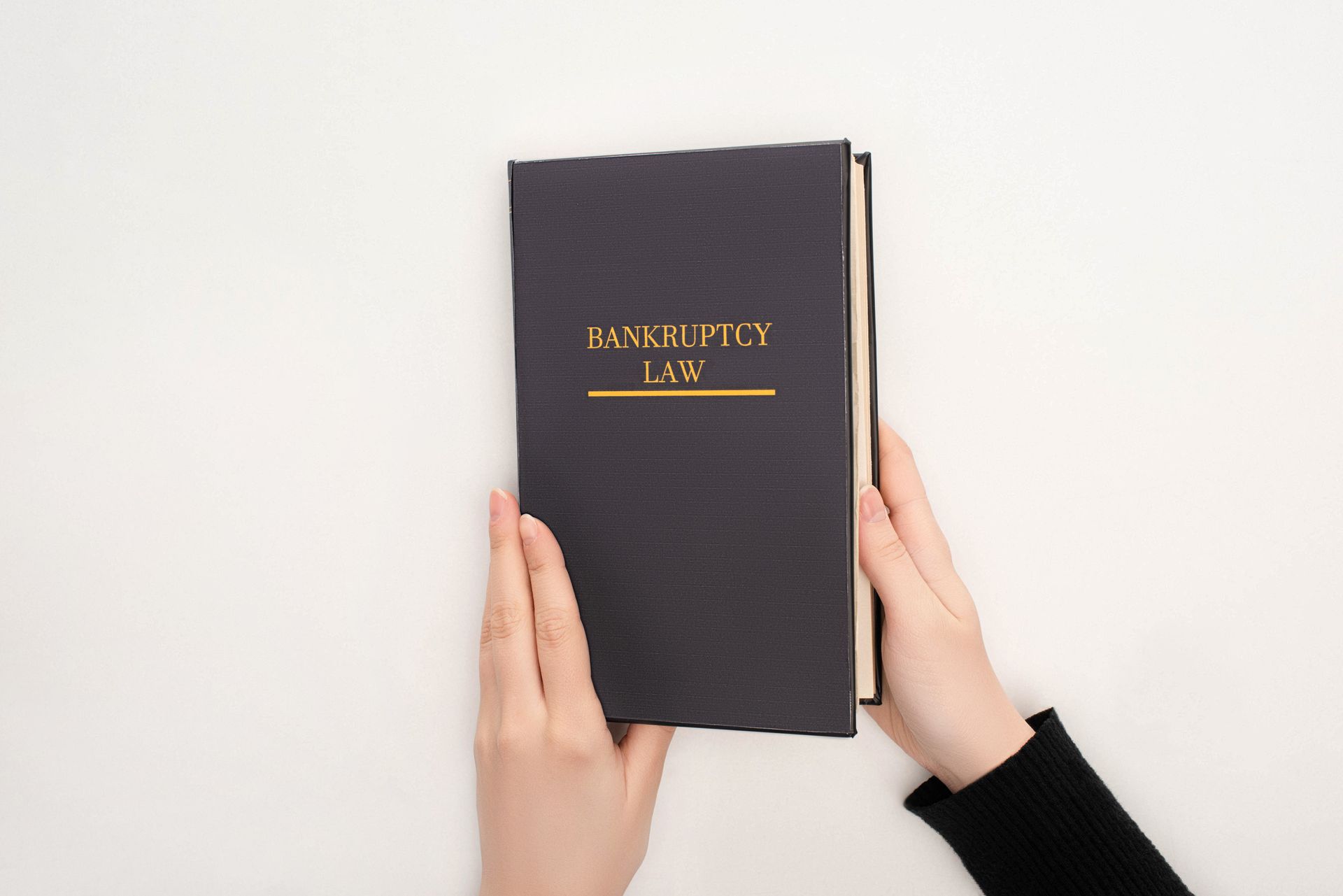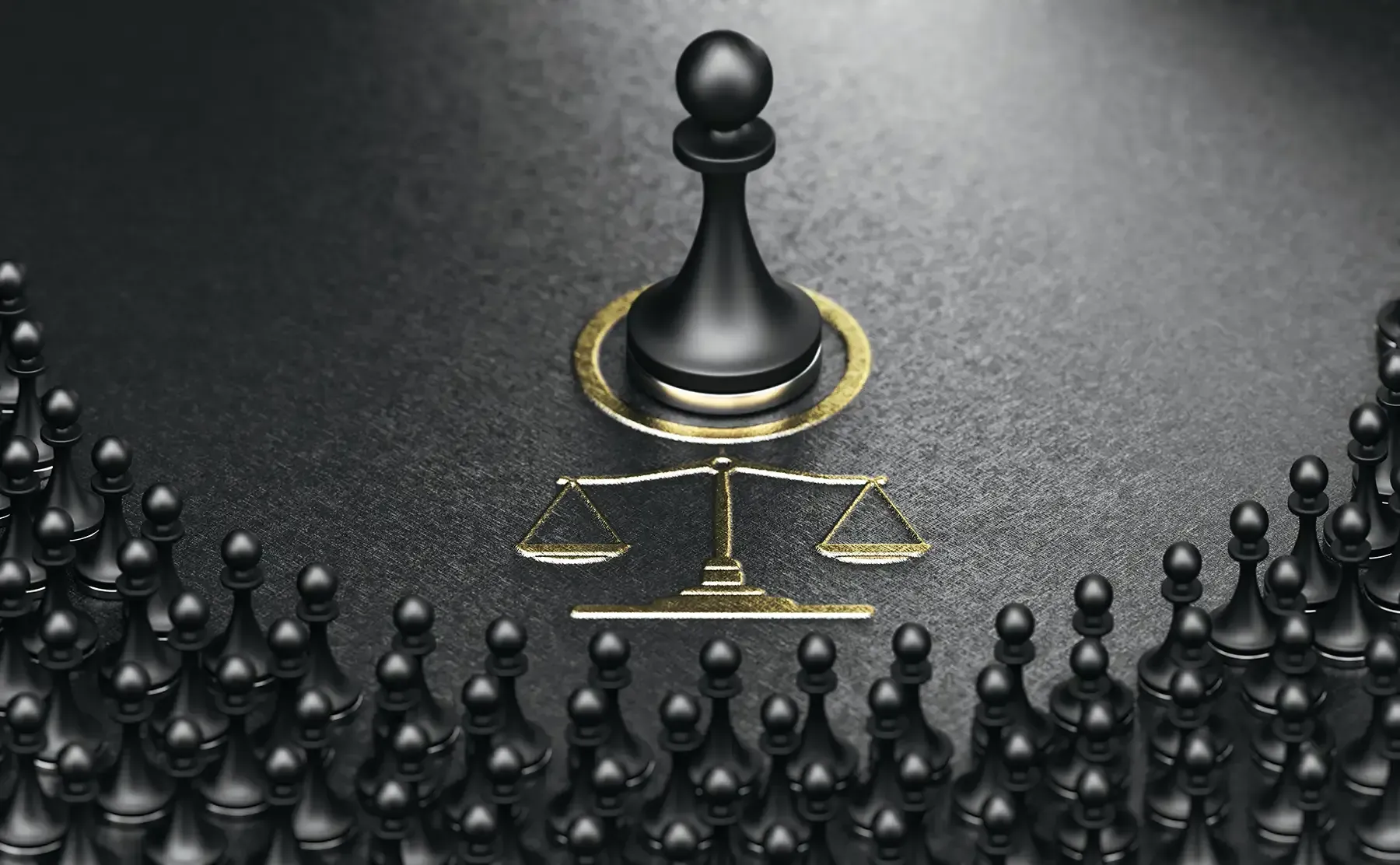How Long Does Bankruptcy Stay on Your Credit Report—And What Can You Do About It?
Bankruptcy and Your Credit: What You Need to Know
Filing for bankruptcy can offer a fresh start during financial hardship, but it also comes with long-term implications—particularly for your credit report. At De Leo Law Firm, LLC, we help Louisiana residents navigate the complexities of bankruptcy and work toward rebuilding their financial future. Here’s what you need to know about how bankruptcy affects your credit and what steps you can take after filing.
How Long Bankruptcy Stays on Your Credit Report
The duration that bankruptcy remains on your credit report depends on the type of bankruptcy you file:
- Chapter 7 Bankruptcy: This liquidation bankruptcy remains on your credit report for 10 years from the date of filing.
- Chapter 13 Bankruptcy: Since this involves a repayment plan over 3 to 5 years, it typically stays on your credit report for 7 years from the date of filing.
During this period, the bankruptcy entry may impact your ability to obtain new credit, rent housing, or secure certain types of employment.
What Happens to Your Credit Score?
A bankruptcy filing can cause a significant drop in your credit score—often by 100 points or more. The precise impact varies based on your credit profile before filing. However, the effect lessens over time as you demonstrate improved financial behavior.
Steps to Rebuild Credit After Bankruptcy
Even with a bankruptcy on your credit report, there are proactive steps you can take to rebuild and improve your creditworthiness:
- Check Your Credit Report for Accuracy: After your bankruptcy is finalized, ensure all discharged debts are correctly reported as such by the credit bureaus.
- Pay Bills on Time: A strong payment history moving forward is key to rebuilding your credit.
- Use a Secured Credit Card: This can help re-establish a positive credit history, as long as you pay the balance in full each month.
- Keep Debt Low: Maintaining a low credit utilization ratio shows responsible credit management.
- Consider Credit Builder Loans: These small loans are designed to improve your score with regular, timely payments.
Can You Remove Bankruptcy From Your Credit Report Early?
Generally, a bankruptcy cannot be removed from your credit report before the designated time unless there is an error in how it's reported. However, you may dispute inaccuracies with the credit bureaus, which could result in early removal if the entry cannot be verified.
How De Leo Law Firm, LLC Can Help
At De Leo Law Firm, LLC, we assist clients throughout Louisiana with the bankruptcy process—from initial filing to post-bankruptcy financial planning. Whether you're struggling with mounting debt or looking to rebuild your credit, we can help you understand your rights and map out a path forward.











